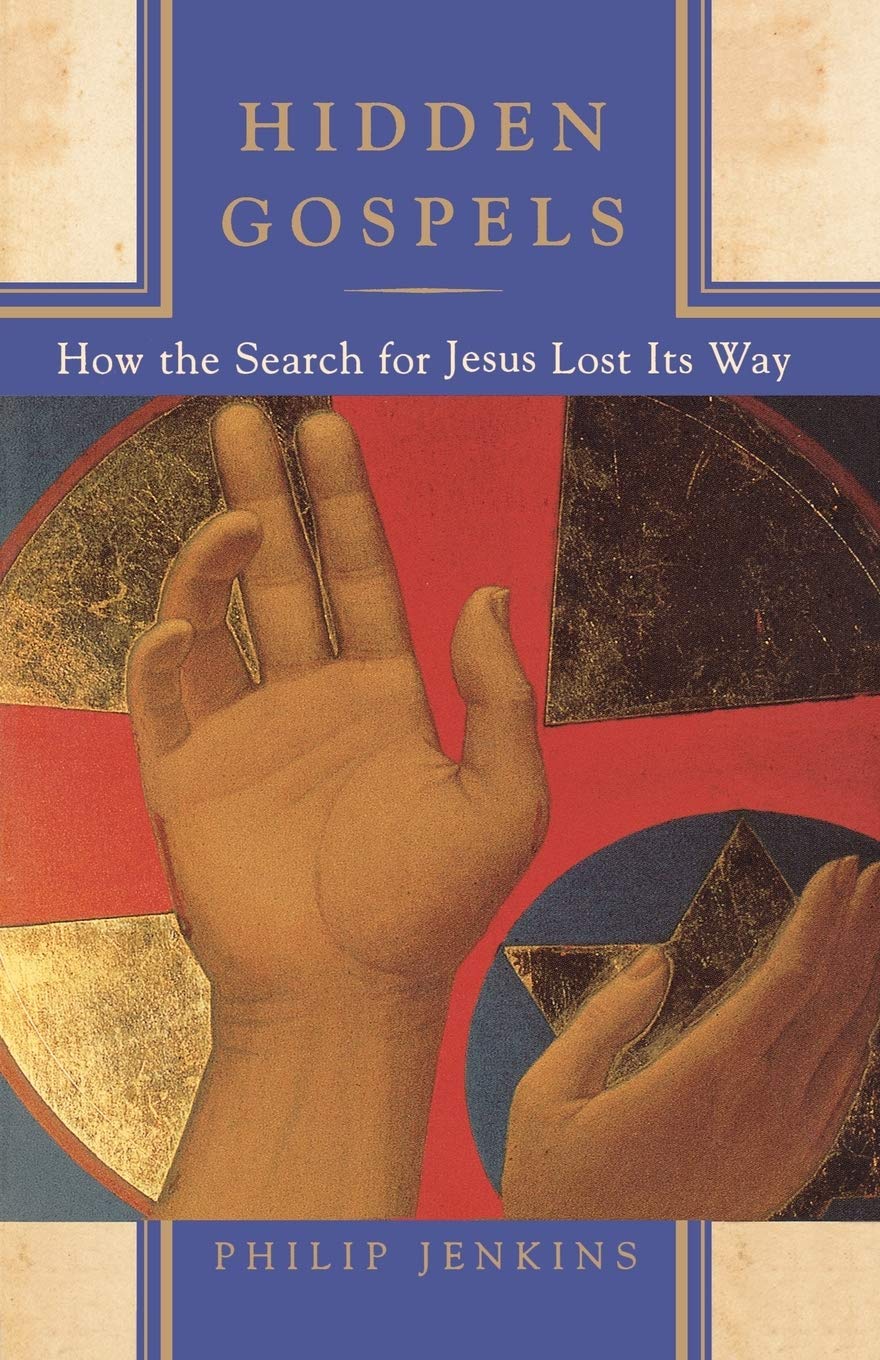The Yule edition was heavily annotated, such that the notes were often two or three times the length of Polo's original text. Polo's text itself might have been fairly interesting, although it would have been extremely repetitive. Many a chapter recounts how a given region was infidels, etc. Polo uses nearly the exact same wording each time. Of course, the annotations are necessary because many of Polo's place names are now out of date, such that it's hard to know what location he is writing about. However, the nineteenth-century place names are also many times out of date, such that the annotations weren't much help. And this truly seemed a scholarly edition insofar as the notes recounted numerous opinions with regard to what Polo actually meant every location that he wrote about.
A case in point would be Madagascar. Polo talks of giraffes and other creatures that are not at all on the island. Most scholars l think he has the wrong place and meant another location. After all, the big southern island would have been off his route anyway. Of course, Polo wasn't averse to writing about nearby places that he'd heard about. This really is a kind of geography book in many ways and was likely fascinating to readers of the time.
This isn't to say that there aren't parts that are fascinating even now. His account of Japan, I found a bit interesting, even if most scholars dispute his historical accounts of the battles that he describes. Another particularly intriguing account was of a nation that consisted of two islands. On one island only women lived, and on the other only men lived. The men would visit the women's island for three months of the year. Children lived with the women until the age of fourteen, at which time the boys moved to the men's island. Not many people, even in Yule's time, though the account accurate or true. Finally, there is the religious variety that he encountered, something we often don't think of now when we think of Asia. That is, in Polo's time, while there were plenty of Buddhists and others of so-called Eastern religious affiliations, in his time, there were also a fair number of Muslims and Nestorian Christians scattered across the continent all the way across China.







